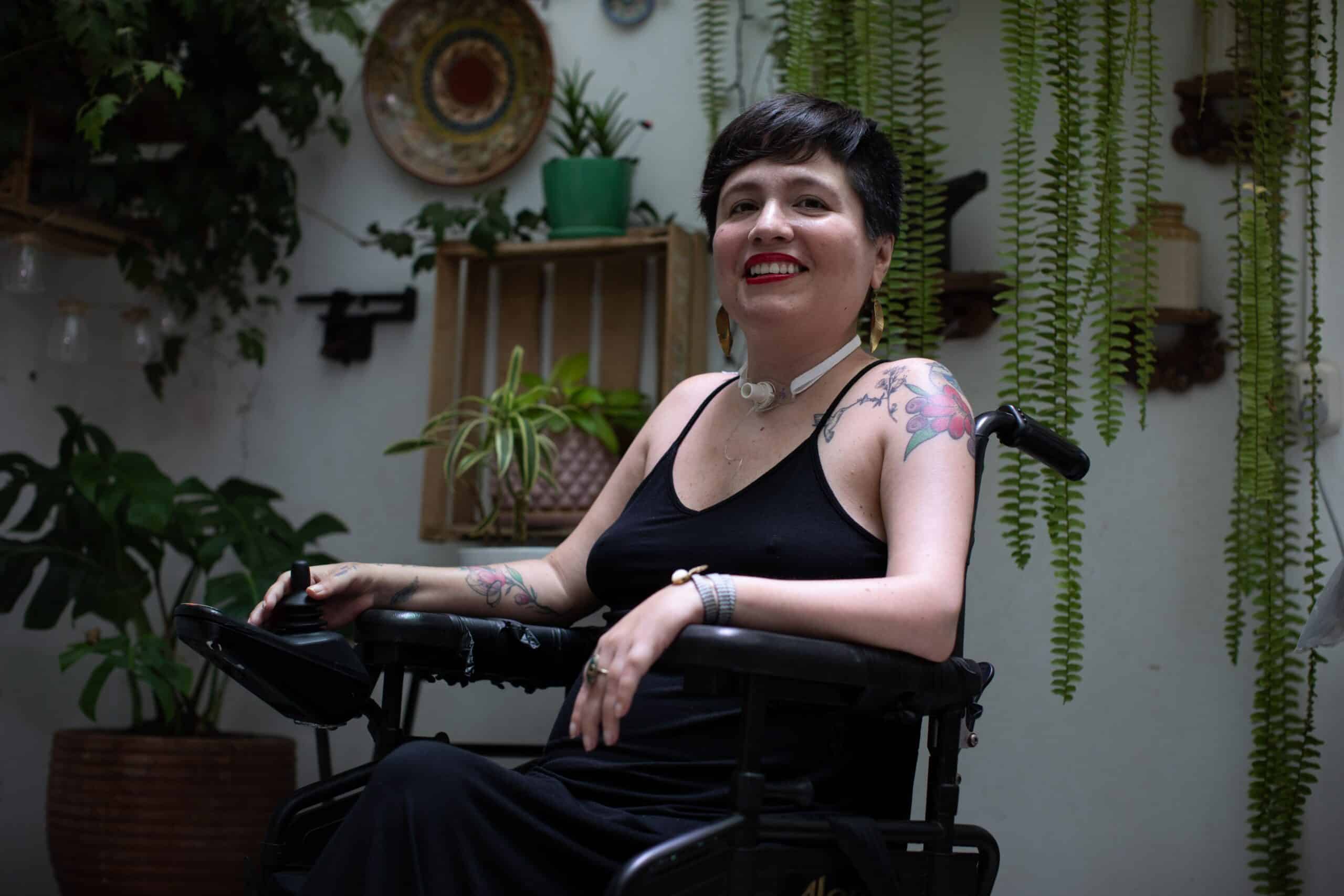Peruvian Woman Wins Battle Over Right To Die Request
No doubt about it, women have struggled more than anyone to convince the world that the right to make decisions about their bodies is theirs. Ana Estrada, a woman currently confined to her bed, knows this truth. After spending five years of attempting to convince Peruvian officials that she has what’s best for herself in mind, she has finally made a breakthrough.
Recently, Estrada was able to convince Peruvian officials to make a historic decision, regarding her own assisted death.
Euthanasia is largely illegal in the Roman Catholic country of Peru, but Estrada has been granted an exception.

Euthanasia is a practice that is illegal in many countries across the globe including Peru where access to abortion and same-sex marriage are also banned. Still, Estrada made a decision for herself to commit to a five-year legal battle after she decided to end her own life “when the time comes.”
Recently, Peru’s government ruled not to appeal a court ruling which recognized her right to “a dignified death.”
“It is an individual case, but I hope it serves as a precedent,” Estrada, 44, explained to Reuters in a recent interview. “I think it is an achievement not only of mine, not only of my cause but also an achievement of law and justice in Peru.”
Estrada, who is a psychologist, has lived with the rare disease called polymyositis for three decades.
The painful disease progressively attacks her muscles and has resulted in her need to breathe with a respirator most of the time. According to NBC, a court ruling from last week granted that state health insurer EsSalud to provide “all conditions” needed for Estrada’s euthanasia. The court also ruled that the event must occur within 10 business days of the date that she decides to end her life. According to NBC, “EsSalud said a statement it would comply with the ruling and form medical commissions to develop a protocol for such cases. The court ruling also cleared anyone assisting Estrada in her death from facing charges, although local law still prohibits anyone from helping people to die.”
Estrada is the author of the blog “Ana seeks dignified death” which she began writing in 2016. In an interview with Reuters, she explained that she made the decision to end her life when she realized she was no longer able to write.
“My body is failing, but my mind and my spirit are happy,” she explained. “I want the last moment of my life to continue like this, in freedom, with peace, tranquility, and autonomy. I want to be remembered like that.”




